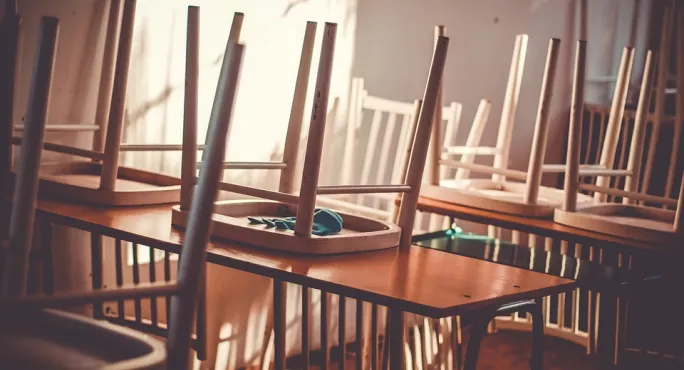The tears have been shed and the promises of “I’ll come back every day to see you” have been made (funnily enough, this never seems to actually happen).
Before our sights turn to the new intake and the start of another year-round slog, let’s take a moment to reflect on what we will be leaving our classrooms with. We spend so much time thinking about what our pupils are learning from us that it is easy to forget what we are learning from them.
So, this is what my time with Year 6 has taught me this year.
1. Whole-class reading works
Moving to whole-class reading and a VIPERS (vocabulary, inference, prediction, explanation, retrieval, summary) model was a highlight of the year, and something I will definitely be doing again. Rather than providing children with 20 minutes a week of rushed and highly inadequate guided reading, this year we have had two hourly sessions devoted to quality-first teaching of the reading skills needed to analyse a quality novel in depth on a chapter-to-chapter basis. The progress made in all ability levels has confirmed that this approach to teaching reading is the way forwards for me.
2. Mixed pairs are better than ability groups
Towards the end of the spring term and in the run up to Sats, I moved away from ability groupings and started teaching lessons in which students were placed in mixed-ability pairs. The quality of the discussions that arose and the progress made by reluctant writers and mathematicians has motivated me to maintain this arrangement next year.
However, I do feel that this approach will only have maximum benefits if taken on board from Year 1, so that we never end up with the “bottom group” child staying as such from the age of four until they leave primary in Year 6.
3. We need more testing, not less
I am convinced that regular low-stakes testing that continually engages children in the retrieval of previous learning is the way to make learning stick. This year I have included weekly low-stakes tests which are completed and then worked through together, followed by a similar test some days later (with slightly different wording!). This seems to have really helped.
4. Students need to be told what really matters
As my most recent cohort move on to pastures new, there are some things that I really hope they take with them into the next academic year. Firstly, mistakes are good - our brains work harder during struggle and we learn more as a result.
Also, it is important for students to value their own wellbeing. If they are not feeling good in themselves, they will not feel good in their work. High-stakes tests are not the be-all and end-all. Students should not be encouraged to think of themselves based only on numbers. Next year is a new beginning and students can go on to do whatever they want.
After all, there was a Year 6 class before them and there will be one after them, but there will never be one like them. This, more than anything is what I will take away from the year, and what I hope my pupils take away from it, too.
Kevin O’Brien is a member of SLT, maths co-ordinator and Year 6 teacher


